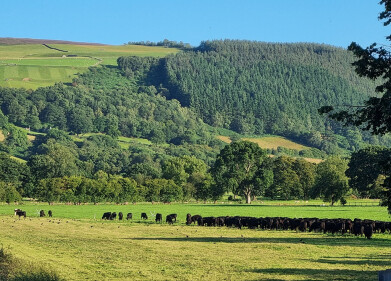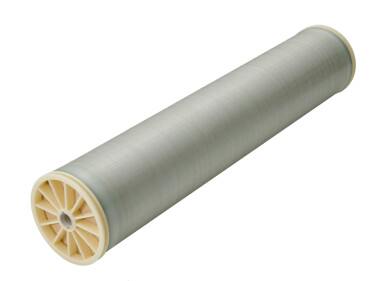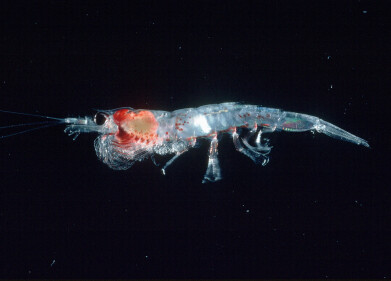Water/Wastewater
Wastewater from Fracking a Concern
Jul 31 2012
Natural gas is an important source of energy in Europe and demand has steadily risen over recent years with use currently at double the domestic production according to a report by GlobalData (UK).
One of the largest resources of natural gas is shale gas, however extraction through fracturing or 'fracking' has caused widespread resistance in Europe.
Shale gas extraction requires huge amounts of water mixed with chemicals, potentially this can result in drinking and surface water contamination due to unsafe disposal. This use and disposal of huge amounts of wastewater has been blamed as the cause of erosion and damage to the environment. Fracking, especially in the UK, has been blamed for seismic disturbances too.
Rising concerns have been seen through protests carried out across Europe against fracking, and if the situation worsens this could be a significant threat for development of shale gas in Europe. The EU has implemented certain regulations with regards to the chemicals used in fracking. Other countries such as Bulgaria and France have chosen to ban fracking entirely.
Other countries like Poland have taken a different stance on fracking however. They have stated their tests have proven fracking to be environmentally safe. Poland has valuable reserves, which the country could greatly benefit from.
Europe has risked in-place shale gas resources of around 2,587 trillion cubic feet (tcf), which represents around one tenth of the world’s total risked in-place shale gas reserves. France holds the second largest recoverable resources within Europe, with a share of 29% in the European gas shale market.
Events
Carrefour des Gestions Locales de L'eau
Jan 22 2025 Rennes, France
Jan 29 2025 Tokyo, Japan
Feb 05 2025 Nantes, France
Feb 16 2025 Kampala, Uganda
Feb 26 2025 Chennai, India




-as-feedstock.jpg)





